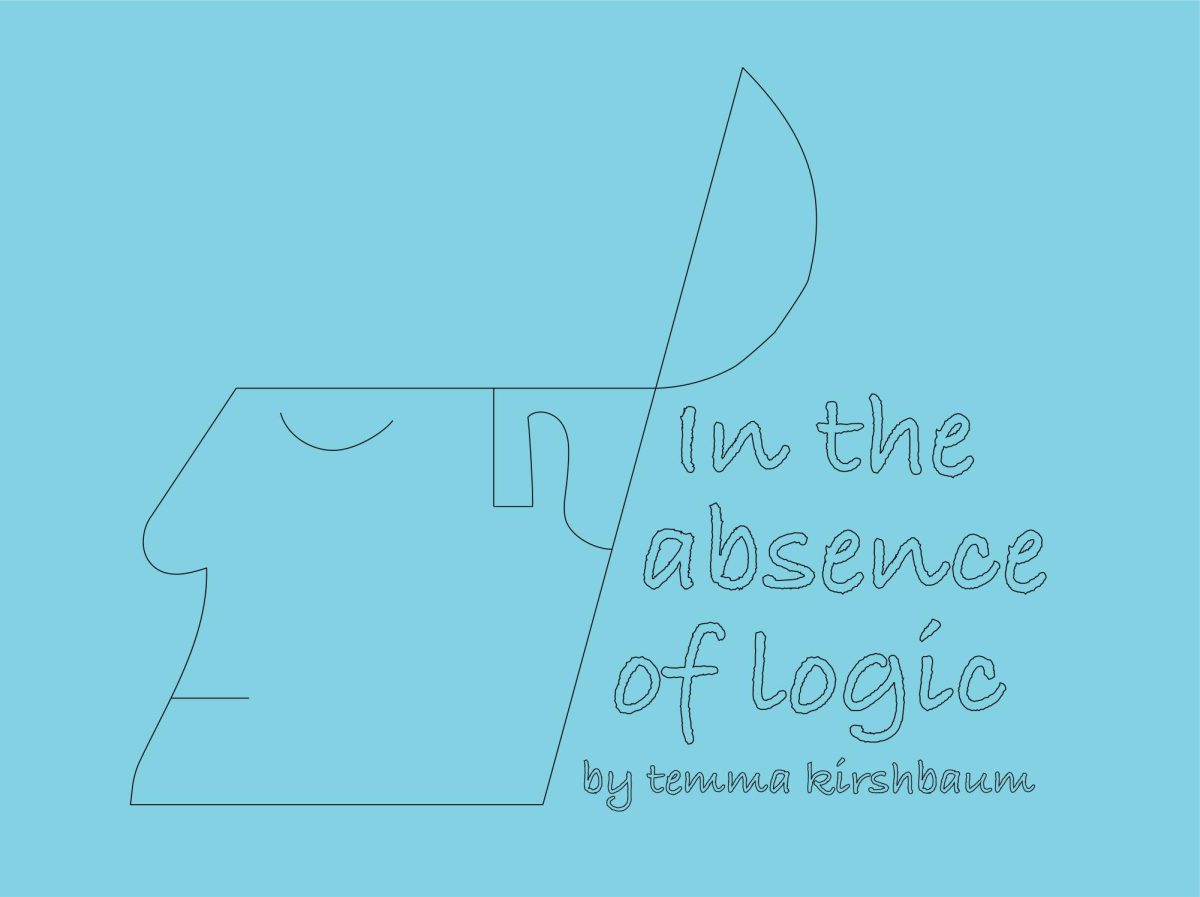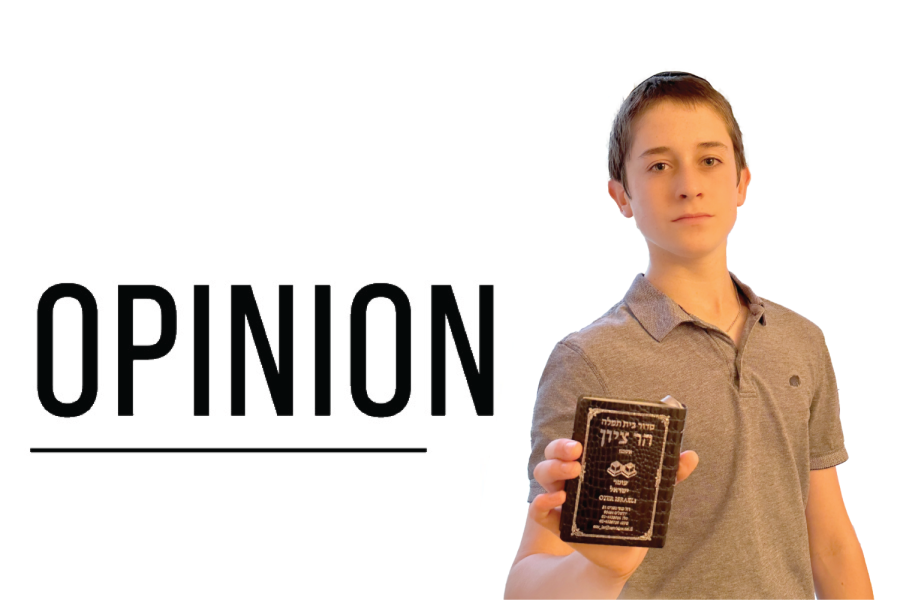The days leading up to Rosh Hashanah are a time for self-improvement and forgiveness. We contact our friends, teachers and relatives, and say sorry for any hurt we might have caused them in the last year.
But are we really sorry?
With the High Holidays starting so soon after school, the timing is perfect. We’re already making promises to ourselves that we’re going to study even harder this year and not leave everything to the last minute. So it’s not much of a leap to search out any situations where we might conceivably have done the wrong thing.
The only thing left is figuring out how to actually say those words – “I’m sorry.”
Part of teshuvah – repentance – is for you to have stopped the sin, really feel remorse for what you have done, say you’re sorry, and then never do it again. In fact, some Rabbanim have said that you can’t even really complete teshuvah unless you have been put in a similar situation again and not let history repeat itself.
That’s a pretty tough standard to meet. So maybe we can concentrate on at least doing the apology part in the most sincere way possible.
A trend I noticed around this time last year is the use of cell phones and Facebook to spread selichot – apologies – to everyone we can find. And while it is nice getting a bunch of texts right before Rosh Hashanah starts, letting you know that your friends are wishing you a good holiday and hoping that you’ll forgive them for anything they’ve done in the past year, that’s not really teshuvah. And we shouldn’t let ourselves be fooled.
When we send mass e-mails and texts, sure we save time, but we’re also skipping a lot of steps in the process. For one thing, a mass text or a Facebook message is incredibly impersonal. And even sent to one person at a time, it’s a total cop-out. When we’ve really wronged someone, the only way to make it right is face to face.
Also, those mass texts are incredibly vague. What are we saying sorry for, really? And when our friends all text back that everything’s cool between the two of us, what has really changed – what have they really forgiving us for?
The process of teshuvah involves recognizing our faults, and taking steps towards improvement. If we aren’t facing what we’ve done, what’s the point?
There’s nothing wrong with texting your friends to have a happy holiday. But the process of teshuvah needs to have more meaning in it — for you, and whoever you’re apologizing to.






